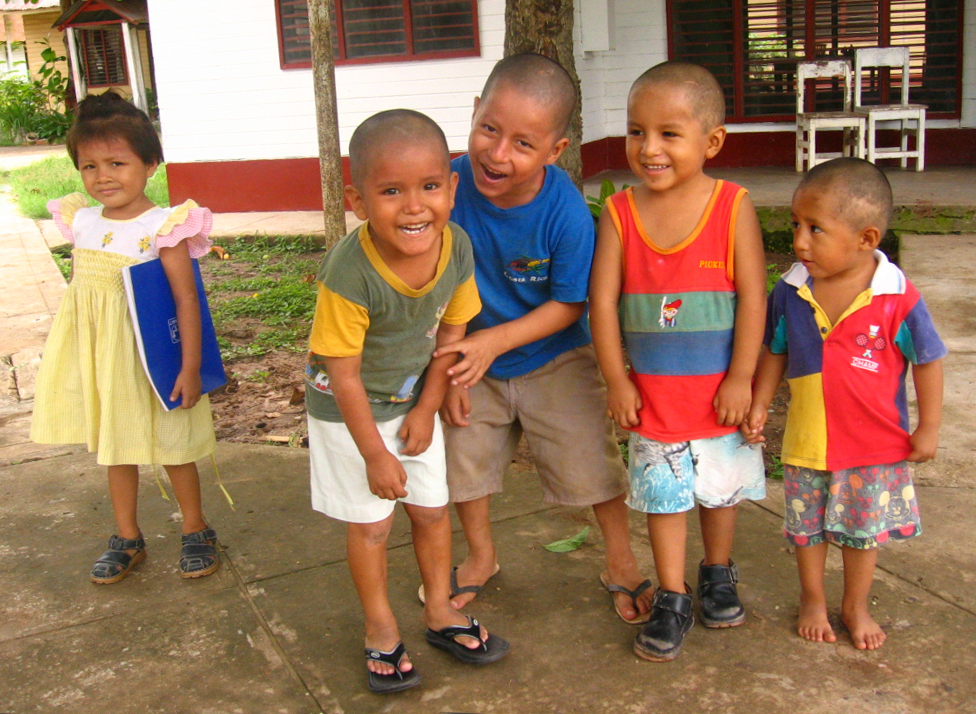Redirecting the Spotlight
/Dr. Susan Malone does not like to talk about herself. Not, she says, when “there are too many much more important things to talk about, such as the children in non-dominant language communities who are discriminated against in formal education systems.”
The strength of an organization is always its people, and SIL LEAD’s strength comes from the fact that its staff and associates always seem to insist on shining the spotlight away from themselves and onto the people with whom they work. In a world grown obsessed with the ephemera of fame, it is good to be reminded that everyone has a voice worth hearing, and that all too often some voices are silenced—either intentionally, or by failing to listen.
So in a post intended to draw attention to Dr. Malone’s mother tongue-based multilingual education (MTB MLE) resources on this site, she emphasizes that although she put these resources together, “the content of every one of the documents in each folder is based on lessons I have learned over the past three decades in working with people from non-dominant language communities and their supporting partners—government and non-government—in Asia, Africa, and the Pacific.”
This is not false modesty. It is recognition by Dr Malone, and by SIL LEAD as an organization, that the wisdom, knowledge, experience and insights of people in non-dominant language communities are essential resources for ensuring the success and sustainability of programs meant to benefit them.
And that, Dr. Malone said, is the reason for these resources: “The educational challenges facing children in non-dominant language communities have been recognized by UN agencies and by national and international NGOs around the world. The Mother Tongue-Based Multilingual Education / MTB MLE movement began in earnest about twenty years ago when people began to recognize the injustice faced by children in those communities when they entered the formal school system and were told to leave their heritage language and culture at home. The good news is that a growing number of governments have begun to join the movement and now MTB MLE is being incorporated into formal education systems on every continent.”
She adds that, “The challenge now is in identifying the best ways to support language communities in developing education programs that enable children to use their mother tongue as the foundation for learning in school and then also help them learn to speak, read, write and learn in the additional language(s) they will need as they move into higher education.”
That, she says, is the purpose of the resources she has placed on the SIL LEAD website. “My hope “which is shared by SIL LEAD, is that those in the process of planning and implementing MTB MLE programs will adapt and use these materials so they ‘fit’ the specific context.”
Dr. Malone concludes with a challenge both to readers of this blog, and to SIL LEAD as an organization:
“I hope we will find a way for you to share your own stories and photos and the lessons you have learned in your own programs. Think about that possibility, will you? This is a huge need and everyone involved—members of the language communities, supporting NGOs, government officials, and UN agencies—need to share our ideas and learn from each other. Let’s go!”


